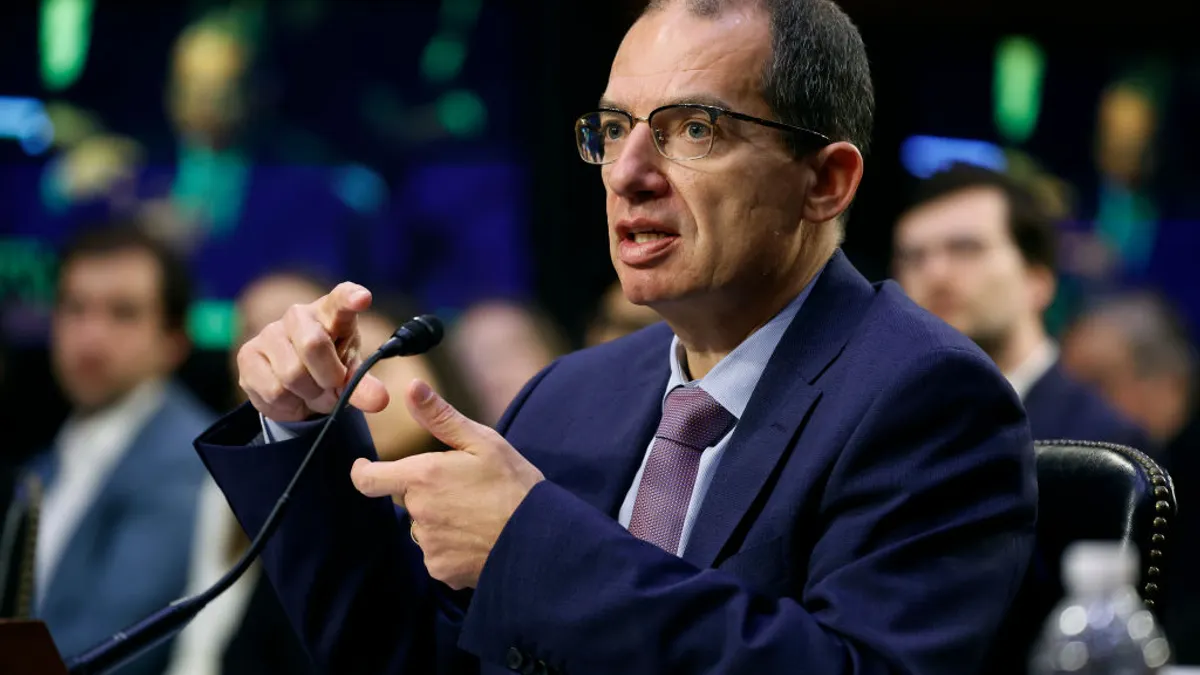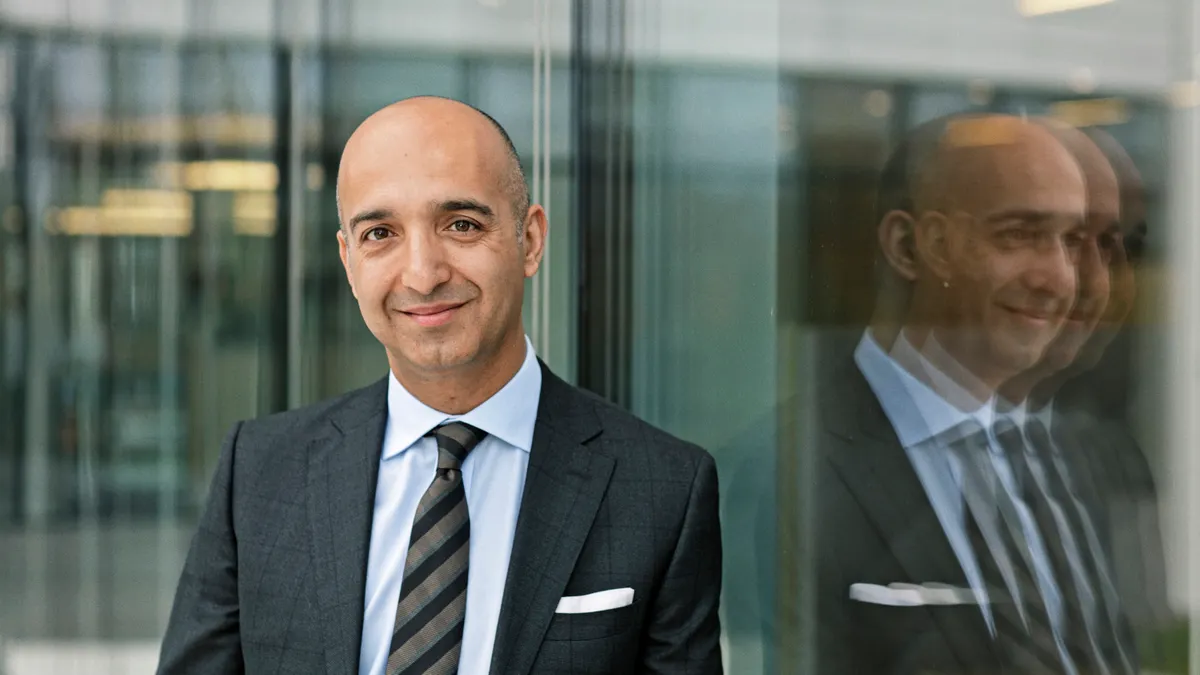From Southwest Airlines to Disney and JetBlue, activist investors have been increasingly willing to attempt a corporate coup. Pharma giants are also feeling the squeeze. Pfizer this month has been fending off the hedge fund Starboard Value, which took a $1 billion stake in the company during its post-pandemic slump.
Pfizer hasn’t been the only drugmaker dodging activist investors’ efforts. Earlier this year, beleaguered COVID-19 vaccine developer Novavax faced pressure from Shah Capital over the rollout for its shot and the direction of its pipeline development. Shah ultimately backed off after Novavax secured a major investment from pharma giant Sanofi.
What does this rise in activist investor activity mean for pharma? With campaigns accelerating in 2023 across multiple industries and again in the first half of this year, leadership has been more susceptible to outside change while activist investors get bolder, said Steve Segal, a shareholder (partner) at law firm Buchalter.
“Activist investors are more active … both because they’ve seen results and because there is greater acceptance of activist investing as part of a larger portfolio,” said Segal, who once represented an activist investor that was engaged in proxy battles at Lockheed Martin led by the billionaire Harold Simmons in the early 1990s and that ultimately did not succeed. “You’ve seen the acceptance of the activist investor as an investment strategy, and there are hedge funds with that as their mission.”
Success for these attempts can vary from financial gain to social or environmental change. Noted activist investor Carl Icahn, for instance, filed a proposal for Apple to buy back almost $150 billion worth of shares in 2013 and return it to shareholders. Icahn at the time held a stake of around $2 billion, and while he dropped his shares a few years later, his activist attempt drove the company’s stock price up.
“Companies should on an ongoing basis and as a preventative measure, have an openness to shareholder engagement that can be formal or informal.”

Steve Segal
Shareholder, Buchalter
Icahn has also championed activist investing in the healthcare space, driving a successful bid to overhaul the board of biotech Illumina following an acquisition of the diagnostic company Grail. Illumina later divested.
For pharma, activist investors have become more eager in one space in particular: the COVID-19 vaccine developers that saw a massive rise in revenue and shareholder value during the pandemic, but have struggled to meet expectations in the years since.
Vaccines up, vaccines down
Pfizer’s stock performance since 2020 — when the company was developing its Comirnaty vaccine — doubled in value to its peak just before 2022. But since then, shares have been on a downward trajectory to pre-pandemic levels despite attempts by leaders like CEO Albert Bourla to engage in M&A, cost-cutting measures and priority shifts.
“What you’re seeing in pharma, particularly companies that were heavily invested in COVID vaccines, is they may have bloated operations or under-performance,” Segal said. “And in that case, I think it’s important to listen not only to what an activist investor has to say, but on a regular basis listen to what shareholders are saying and communicate with them.”
Although Starboard hasn’t been public about the exact changes they would like to see at Pfizer, reports indicated the investor was unhappy with the pharma giant’s allocation of pandemic-era cash on M&A. Pfizer has performed six major acquisitions since the beginning of 2021, including the $43 billion purchase of cancer drugmaker Seagen in 2023.
There has also been some board of directors drama. Former Pfizer CEO Ian Read and former CFO Frank D’Amelio were initially involved in Starboard’s actions but then backed out and threw their support behind company management.
“Pharma can be a different animal in the time horizon for getting a product to market … and activist investors are paying more attention, especially post-COVID, to the stock performance that has been lagging,” Segal said of both Pfizer and Novavax. “And if you look at the five-year trend for Pfizer, it’s kind of a mountain that’s now equal.”
Steering Starboard
Starboard has focused on underperforming companies in multiple industries, including software giant Autodesk, Canada’s renewable energy company Algonquin Power and Utilities and internet domain name registry GoDaddy.
Pfizer fits the bill as a struggling pharma with investor clout, Segal said.
“It’s a classic situation of a company that’s been successful over the years and now is, at least on a recent historical measure, underperforming where it had been,” Segal said. “And so if you’re the activist investor, you say, ‘There’s got to be some value that we can unlock to get back to or close to recent highs in the stock price.’”
For Starboard to “win,” it wouldn’t necessarily have to see its requests play out exactly as planned — like with Sanofi’s investment in Novavax, any action that turns into a share value gain becomes a win for the investor, Segal said.
“The activist investor wins by selling their investment at a premium to what they paid, and hopefully a significant premium,” Segal said. “What the investor will have done is maybe instigated the company already thinking about doing these things to take an inward look and find the best way of going about it.”
That can also backfire, though, Segal said. Such was the case when Icahn and fellow high-profile activist investors were at opposite ends of a battle over the nutritional supplements company Herbalife. Icahn held a 17% stake with five seats on the board while Bill Ackman, of the hedge fund Pershing Square, took a $1 billion short position in 2012. The two billionaires’ public battle is now Wall Street legend.
Still, a little activist investing is healthy now and again, said Segal, and can keep management and boards on their toes while weighing multiple solutions.
“It’s important that corporations engage in good corporate governance, that they have strong boards selected for their experience, expertise and independence and come from different backgrounds,” Segal said. “And companies should on an ongoing basis and as a preventative measure, have an openness to shareholder engagement that can be formal or informal — the more you communicate, the more you know.”




















